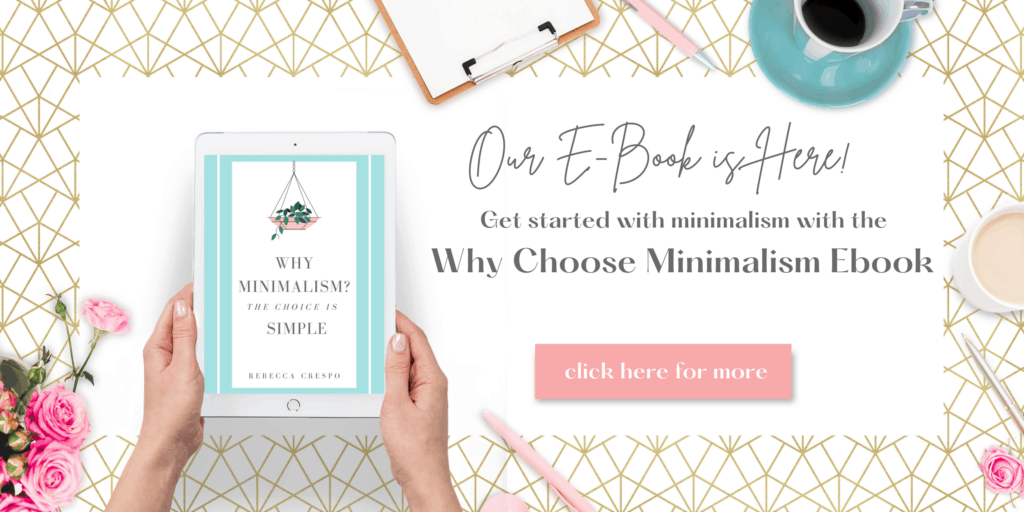Mindful listening is the most challenging thing you can do when you live in a world surrounded by distractions.
There’s a big difference between communicating and listening – and this is the main communication barrier you can find.
Mindful listening is all about paying attention to what the other person is saying rather than just listening to respond.
Even when it’s easy to get distracted with our surroundings and even our thoughts, mindful listening helps you build a stronger connection with others. In this article, we’ll be talking about 10 ways to practice mindful listening.
Why is Mindful Listening Important?
When it comes down to it, mindful listening is your key to building stronger friendships and relationships with others. If you fail to make others feel heard or understood, you’ll eventually push others away and they wouldn’t want to be around you.
Mindful listening not only strengthens your communication skills, but it gives you the capability to empathize and understand others. There’s a thin line that separates hearing and listening and it’s the mindfulness that separates those two things. Without the intention of listening, you’re there but not really present.
When you practice mindful listening, you’d be more present in others’ lives while also making them feel validated and loved at the same time. When someone tries to get a point across, this type of listening means you actively try to understand each word they’re trying to say.
10 Ways to Practice Mindful Listening
1. Maintain eye contact
You can’t expect them to feel heard when you fail to maintain eye contact. They say the eyes are the window to the soul so when you’re listening to someone as they speak, look at their eyes and look at them directly.
Avoid having your focus distracted and looking elsewhere such as your phone because most likely, they’ll feel unmotivated to continue conversing with you after that.
2. Stay attentive, yet relaxed
Mindful listening is all about being present, but you need to stay relaxed. You don’t have to appear stiff and rigid to someone to appear as if you’re listening but as long as you’re paying attention, you’re being a good listener.
In connection to the first point, this also means staying away from all forms of distraction and putting your focus entirely on them. When they ask a question or an opinion, you should be able to answer this accurately.
3. Keep an open mind
People never want to be around someone who judges and criticizes what they’re about to say so if you want to practice mindful listening, keep an open mind about everything.
Let them release what they want to say and avoid interrupting their sentences. Not everyone is a natural listener so these are significant pointers you need t take note of the next time you listen to someone talking.
Having an open mind is always a great quality for any listener and it will encourage others to go to you when they have something that needs to be said.

4. Don’t give advice
People speak not always to ask for advice, but oftentimes they just want to be listened to and get everything off their chest to someone.
Before giving advice, you need to ensure that it’s what they’re asking from you because if not, it’s best to keep listening to what they’re saying. This also means don’t interrupt their sentences just to give pieces of advice they never asked in the first place.
Otherwise, they might feel that you’re trying to steer the focus of the conversation towards yourself and not everyone wants that.
5. Listen to what they aren’t saying
The essence of communication isn’t always in everything the other person says, but it’s also about the things they don’t say but are trying to imply in the conversation.
This is also why body language, tone, and facial expressions play a significant role in being a great listener and communicator.
The better you can read between the lines, the better you’ll be at listening.
6. Ask questions
Asking questions is a great sign that you’re not just paying attention, but that you’re interested in what they’re saying.
Of course, you shouldn’t ask questions as a way to interrupt but as a healthy exchange of conversation.
Don’t hesitate to ask as it’s part of the process of mindful listening and what makes others feel appreciated in what they’re saying.
7. Empathize
When they’re being vulnerable with what they’re sharing, the best thing to do is empathize with where they’re coming from.
Without empathy, they’ll feel like you’re another listener who’s just going along with the conversation.
8. Give regular feedback
In contrast to not interrupting them when having a conversation, it’s essential to give regular feedback as a reassurance that you’re engaging in the conversation.
Simple feedback isn’t just verbal, but this also goes for non-verbal cues such as nodding your head or smiling.
9. Pay attention to your talk/listen ratio
When it comes down to it, the frequency you talk should be less than the frequency you listen.
You can give your input when they ask or whenever it’s necessary but other than that, you should generally listen more than you talk.
10. Offer affirmations
Even when not everyone seeks advice, everyone appreciates a form of affirmation when someone is listening to what they’re saying.
Most often than not, these affirmations should come as support that they’re making the right decisions or a form of appreciation that they told you whatever it is they told you.

Final Thoughts
I hope this article was able to shed insight into everything you need to know about mindful listening.
We live in a distracted world that’s too busy to pay attention to everything so mindful listening is the best thing you can do for your own self-improvement.
By practicing being present more in listening, you’ll feel more connected to the person you’re talking to while also making them feel more understood and heard at the same time.

